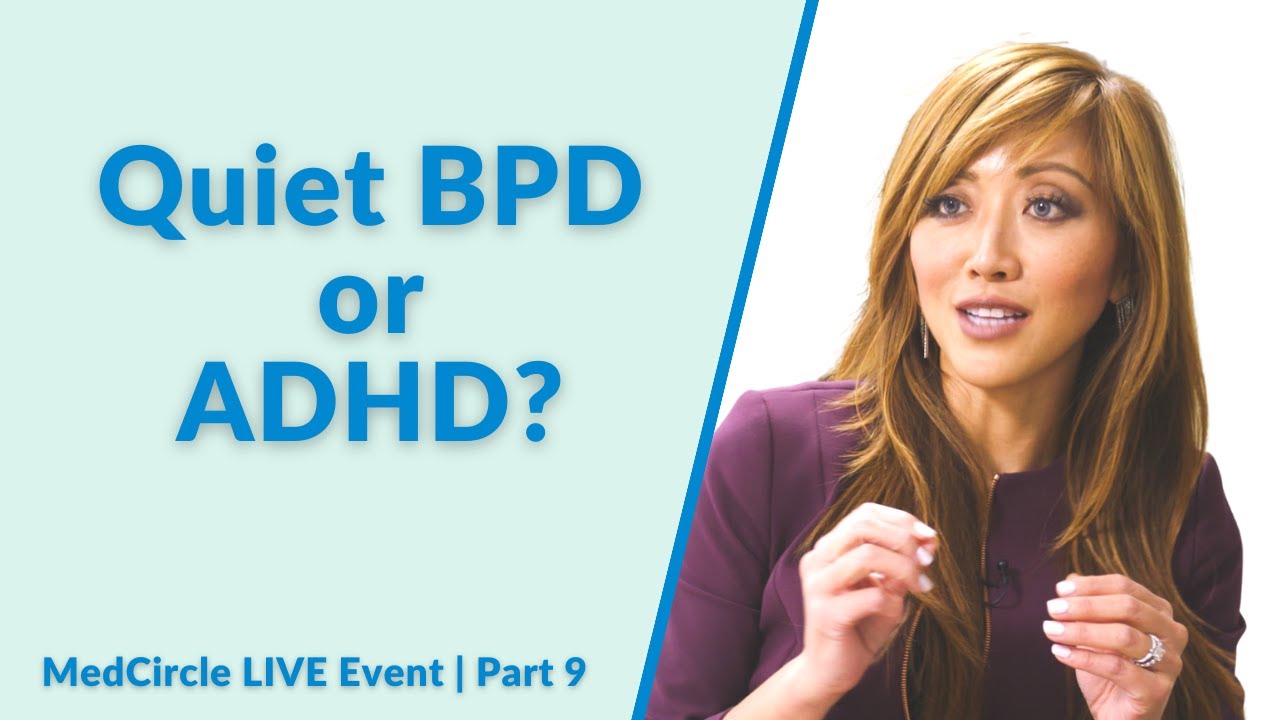COMPLEX PTSD (Post-Traumatic Stress Disorder)
Summary
TLDRThis video delves into complex PTSD, a proposed disorder not yet recognized by the DSM. The speaker discusses its distinction from PTSD, emphasizing the impact of prolonged and repeated traumas, such as those experienced by war veterans or victims of abuse. The video highlights the unique emotional and cognitive challenges faced by those with complex PTSD, including difficulties in emotion regulation, consciousness, self-perception, and interpersonal relationships. It also touches on the importance of specialized treatment and community support for those affected, advocating for understanding and breaking the stigma surrounding mental health.
Takeaways
- 📚 The video discusses Complex PTSD, a condition not officially recognized by the American Psychiatric Association (APA) but proposed for inclusion in the DSM.
- 🤔 There is a debate about whether Complex PTSD should be a separate diagnosis from PTSD, with some arguing that it better captures the psychological harm from prolonged and repeated trauma.
- 🏥 The video mentions sources like the VA and the National Center for PTSD, which have advocated for recognizing Complex PTSD as a distinct condition.
- 💥 Complex PTSD is often associated with situations involving repeated trauma, such as war, concentration camps, long-term abuse, or prostitution.
- 😡 Individuals with Complex PTSD may struggle with emotion regulation, experiencing intense and sudden emotional reactions.
- 😵💫 They may also experience consciousness issues, including blackouts or dissociation related to traumatic events.
- 😔 Self-perception issues are common, with feelings of hopelessness, shame, and difficulty reconnecting with society after trauma.
- 🔪 Some individuals may have distorted perceptions of the perpetrator or be preoccupied with revenge, impacting their relationships and mental health.
- 🏠 Isolation and difficulty trusting others are typical, which can strain personal and professional relationships.
- 🌟 The loss of a sense of meaning or hope can be a core issue for those with Complex PTSD, affecting their overall worldview and self-worth.
- 🛠️ Treatment for Complex PTSD involves progressive therapy, focusing on reintegration and interpersonal difficulties, often including family or couples therapy to address trust and communication issues.
Q & A
What is the main topic of the video?
-The main topic of the video is complex PTSD, discussing its existence, differences from regular PTSD, and how it is often a result of prolonged and repeated trauma.
Why was the video created?
-The video was created in response to community members asking about complex PTSD, as the host was unfamiliar with the term and felt compelled to research and share the information.
What does the American Psychiatric Association (APA) think about complex PTSD?
-The APA, who publish the DSM, initially rejected the inclusion of complex PTSD, believing that the existing PTSD diagnosis covers a range of severity from mild to severe.
What are some situations that can lead to complex PTSD?
-Situations that can lead to complex PTSD include coming back from war, being in concentration camps, experiencing long-term domestic violence, or enduring child physical or sexual abuse.
How is complex PTSD different from regular PTSD in terms of emotional regulation?
-People with complex PTSD may have extreme difficulty regulating emotions, experiencing sudden and intense emotional reactions, unlike regular PTSD where emotional reactions may be more gradual.
What is the significance of consciousness in the context of complex PTSD?
-Individuals with complex PTSD may experience complete blackouts or forgetfulness of traumatic events, and then dissociate or relive those events intensely, which is less common in regular PTSD.
How does complex PTSD affect a person's self-perception?
-Complex PTSD can lead to feelings of hopelessness, embarrassment, and shame, making it difficult for individuals to reintegrate into society and form relationships.
What are some common reactions to the perpetrator in complex PTSD cases?
-People with complex PTSD may either downplay the perpetrator's actions, rationalizing their behavior, or become preoccupied with revenge, focusing their lives around the desire for retribution.
How does complex PTSD impact relationships with others?
-Complex PTSD can lead to isolation and distrust, making it difficult for individuals to form and maintain relationships, which can strain marriages and social connections.
What is the core issue with one's system of meanings in complex PTSD?
-The core issue is a loss of faith or a sense of hopelessness and despair, indicating a deep disruption in the individual's understanding of their life's meaning and their own identity.
How does the treatment for complex PTSD differ from regular PTSD?
-While both conditions involve progressive and grounding therapies, the treatment for complex PTSD places more emphasis on addressing interpersonal difficulties, such as trust issues, revenge focus, and emotional regulation.
Outlines

Cette section est réservée aux utilisateurs payants. Améliorez votre compte pour accéder à cette section.
Améliorer maintenantMindmap

Cette section est réservée aux utilisateurs payants. Améliorez votre compte pour accéder à cette section.
Améliorer maintenantKeywords

Cette section est réservée aux utilisateurs payants. Améliorez votre compte pour accéder à cette section.
Améliorer maintenantHighlights

Cette section est réservée aux utilisateurs payants. Améliorez votre compte pour accéder à cette section.
Améliorer maintenantTranscripts

Cette section est réservée aux utilisateurs payants. Améliorez votre compte pour accéder à cette section.
Améliorer maintenantVoir Plus de Vidéos Connexes

Trauma & Stressor Related Disorders (Intro Psych Tutorial #229)

ICD vs. DSM | Mental Disorder Classification Manuals

ADHD or Quiet Borderline Personality Disorder? [Overlap & Differences]

Every Mental Disorder Explained in 8 Minutes

Posttraumatic stress disorder (PTSD) - causes, symptoms, treatment & pathology

What is an Alcohol Use Disorder? The Recovery Village #AlcoholUseDisorder #AlcoholAddiction
5.0 / 5 (0 votes)
